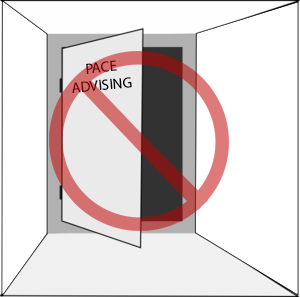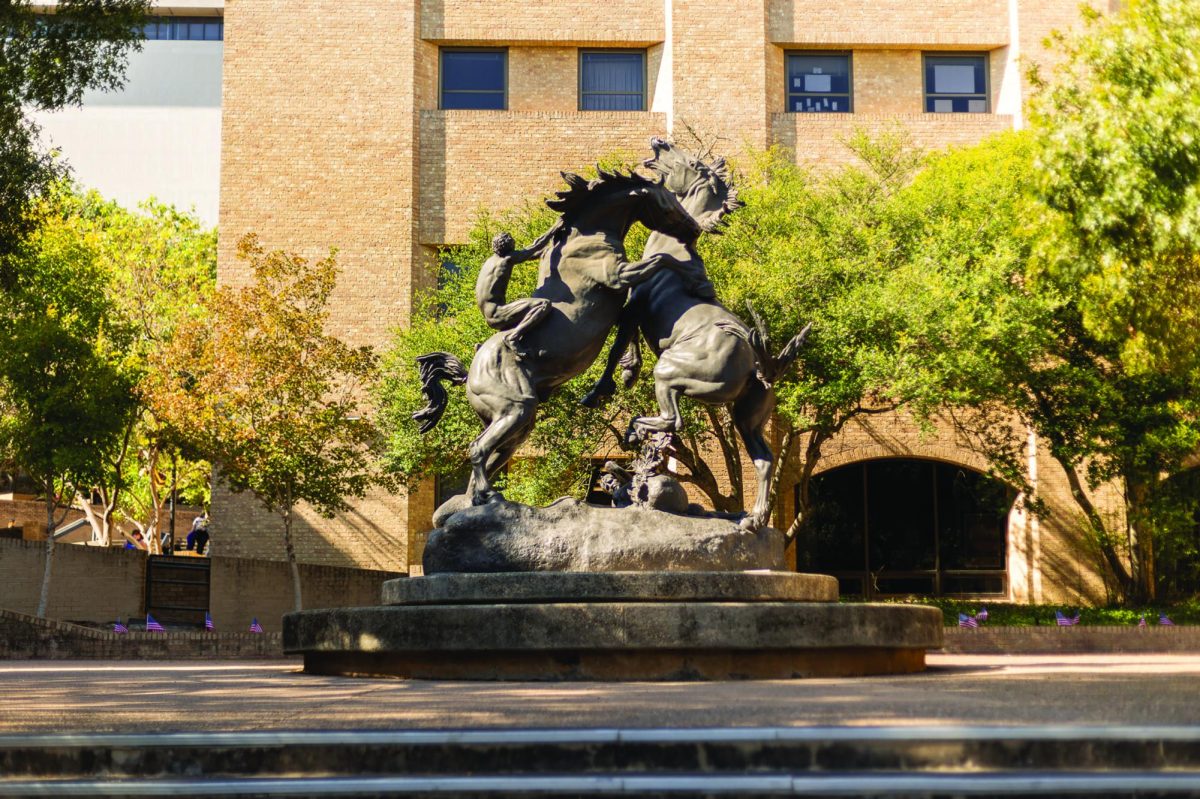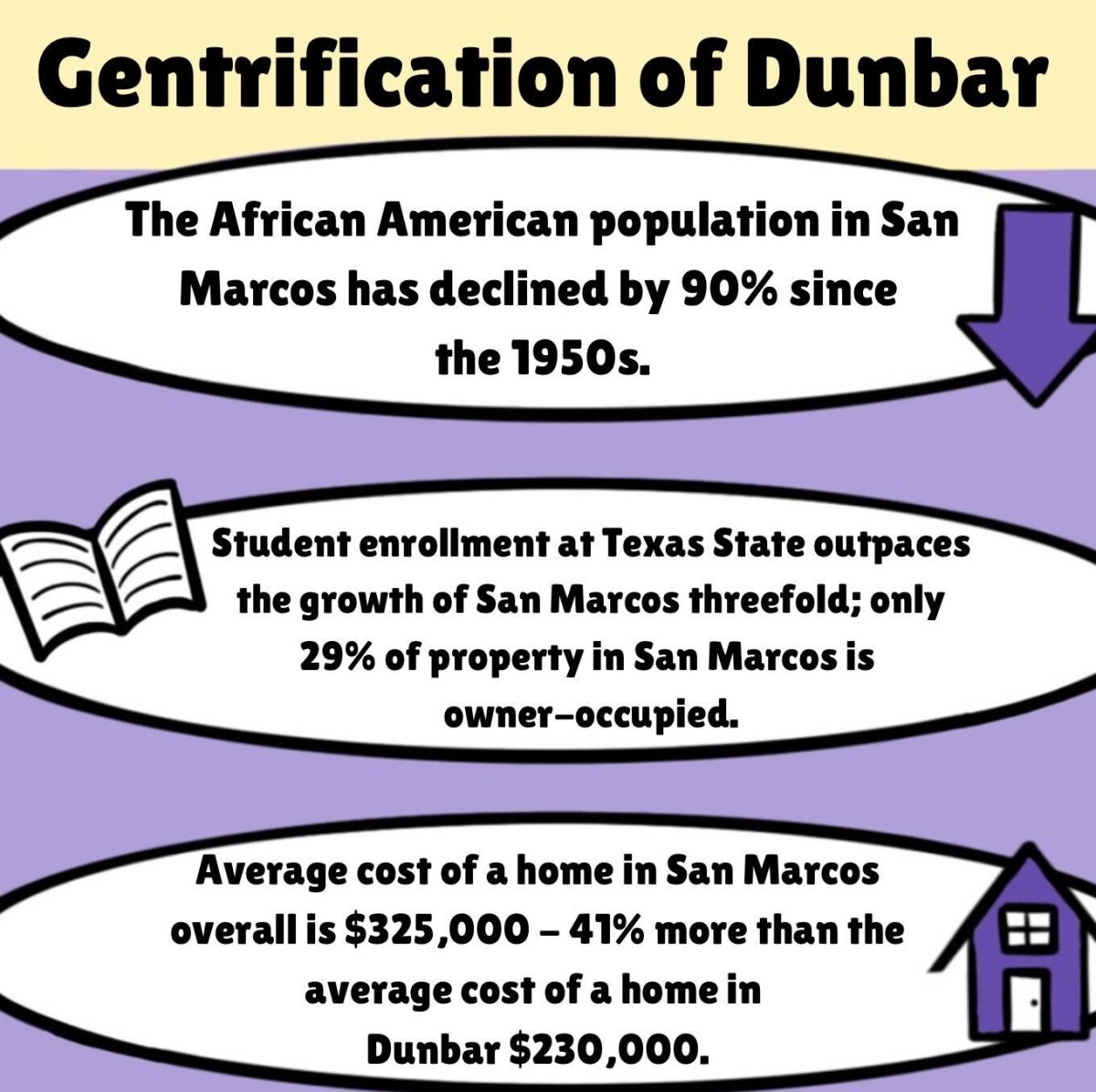Every semester, there comes a time when students have to register for their next set of classes and seek guidance as they stress about their future. However, freshman students fall at an immediate disadvantage because the PACE advising program lacks the resources for providing efficient attention to each student.
Freshman students are required to visit an advisor once every semester. The rest of the student body is strongly encouraged to make their own appointments within their colleges, but it is not required. Most students don’t concern themselves with going to their advising center, but since it’s a $150 expense included as a student success fee in Texas State’s tuition bill, it should be prioritized.
PACE is the “personalized academic and career exploration” program for freshman students. Each student is assigned a PACE success team, which includes an academic advisor, academic coach, career counselor, peer mentor and a University Seminar faculty member. The program in its entirety is very progressive and successful in aiding the first-year student body towards success. The concern of sufficiency lies specifically within the PACE advising center.
The advising system showcases real neglect in providing each student with appropriate and personal attention. Students are assigned a specific advisor for their PACE experience, but it’s not likely they’ll meet with the same one for various reasons that include time restraints and availability. Because of this reality, there is little to no continuous connection between most advisors and students.
Freshman students are the most vulnerable to having a troubling college experience and are most in need of intricate advice. Yet, their advising program is constructed around quick conversation and rushed planning. Each appointment has a time limit of 30 minutes. Half an hour seems like plenty of time to talk through class schedules and future endeavors, but that’s not always the case. That time restraint creates a more stressful situation where both the student and advisor feel rushed.
According to Michael Nava, the Associate Dean of Student Services, there are only 15 advisors employed at the PACE center right now. With roughly 6,000 freshmen students calling in to make appointments for the first, second or even third time, this seems like a small number of people to handle that load.
The advisors do their best to provide the best service to each student, but there is only so much one person can take on before they begin to feel overwhelmed. In order to create a more consistent and responsible approach to providing adequate advisement for freshmen, changes need to be made.
Texas State needs to allocate more time and funds into the PACE program so they can expand the advising team and space. The program is the main introduction to class schedule planning for freshmen, so the program should be exceptional. The main goal should be to reach the sufficient quality the student body deserves and pays to receive.
PACE needs to create a dynamic within their advising program that supports the idea of the student having a consistent and helpful experience so they can feel at ease and ask more questions. Students shouldn’t come out of advisement feeling more anxious rather than relieved. With a larger staff, the students would have a stronger guarantee of receiving advisement from the same person.
Texas State thoroughly looks for ways to provide students with an ideal college experience. All the advising centers across campus work together in order to stay updated in their approaches and aware of any changes or improvements they should be making. Understandably, there are flaws that occur due to our campus population growth and time management issues, but having a subpar academic advising program is unacceptable.
The system is flawed because there is no way of creating consistency for the betterment and success of each freshman. The manner in which PACE academic advising meetings are organized seems random and convenient for the school, but not for freshmen.
However, the PACE advising program continues to try different techniques to accommodate more students, such as drop-ins, email outreach and even advising over the phone. They have adapted well to the population growth, but deserve a better, more detailed plan for expansion.
The PACE advising program is not adequately reaching the standards necessary to guide the incoming student body into the college experience. The system needs revamping.
– Laura Nunez is an advertising sophomore
PACE advising is not meeting quality standards
April 23, 2019

Illustration by Cameron Hubbard.
0
Donate to The University Star
Your donation will support the student journalists of Texas State University. Your contribution will allow us to purchase equipment and cover our annual website hosting costs.
More to Discover













